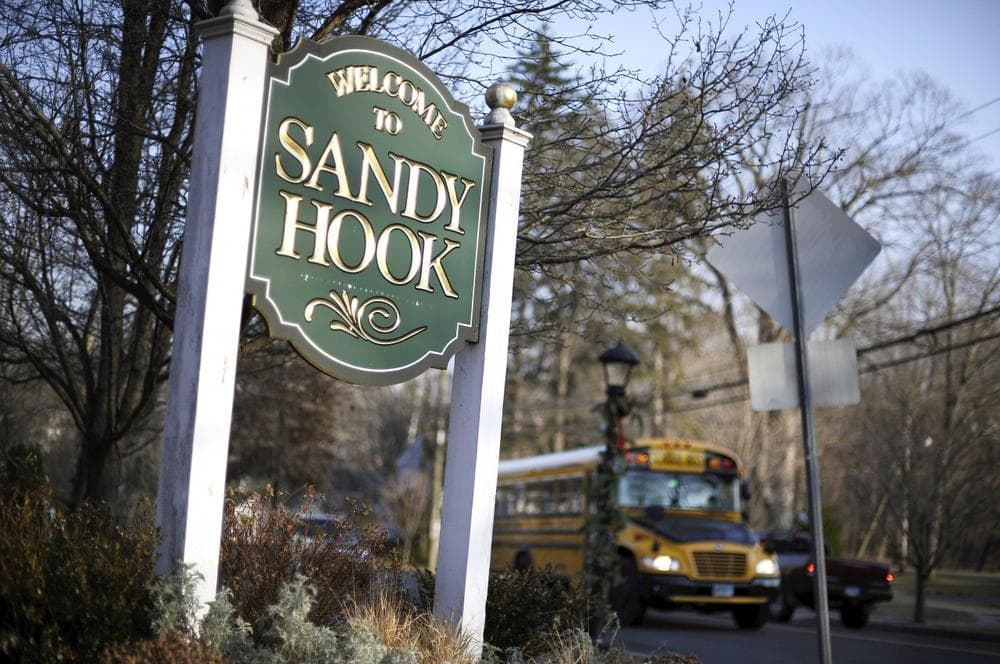Advertisement
When Looking Away Is The Most Compassionate Thing We Can Do
Little is as powerful as the human gaze. With our eyes we convey love and hate, disgust, approval, anger, tenderness, concern. Our careful gazing saves lives, as when we watch young children closely, and know the moment to call out when they approach streets. And what more essential demand issues from a child’s lips than, “Watch me!”? Feeling watched with approval is as nurturing an emotional experience as exists.
But there are other times when the most loving offer we can make is to look away. As when, visiting a friend in a hospital, we preserve the ill person’s privacy by lowering our eyes when a nurse approaches the bed, washcloth in hand. Or when we pretend not to notice how someone, bereft, bursts into tears, and hastily turns his back to feel less seen.
We shield others from feeling seen when they wish to be unobserved. Conversely, refusing people that privilege is how we dehumanize them.
Granting such privacies is one way we offer dignity. We shield others from feeling seen when they wish to be unobserved. Conversely, refusing people that privilege is how we dehumanize them. Primo Levi once observed that when he was a prisoner in Auschwitz, he longed for solitude as much as, starving, he longed for bread. The endless surveillance of hostile eyes wore on him as much as the extreme hunger.
Grief, too, demands a delicate dance between surrounding the aggrieved with loving friends and kin, and yet sheltering them from the outside gaze. A friend who recently lost a spouse remarked on how social events with strangers had become unbearably hard. It’s an ever-shifting balance. Look away too long, and a person feels forgotten or, literally, “overlooked.” But stare when your eyes are unwanted, and he and she can cringe from overexposure and shame of what feels like a voyeuristic gaze.

What an odd world we inhabit. We live more separately than ever before, often with very little communal surround. We frequently relocate, and our important life events are only inconsistently and partially witnessed; rarely do schoolmates become workmates, or do childhood friends remain so close they can help bury us when we die. And yet, through our mass media, we create celebrity proxies — who live out publicly the diverse feelings we carry in our hearts. The phenomenon creates a virtual pseudo-community. By witnessing them we feel vicariously witnessed. When I watched Nelson Mandela’s memorial on Tuesday, I grieved for him and felt linked with the attendees I saw on the screen. The pomp and ritual also allowed me to re-grieve bits of other old losses I carry privately in my heart. And yet, I was not among the mourners.
We forget that there’s a gulf between us. Our loss has been virtual, delivered by our empathy; theirs was actual.
Sometimes, as with the Newtown shootings, we so deeply resonate with the horror of the event, the trauma of a parent losing a child and of a community suddenly, violently losing many children, that we do not want to turn away when we know we should. We want to make the survivors into public figures — to help us — at the very moment they most need to be private citizens.
Heartbroken by the very thought of their losses, we want to gaze closely upon them. We want to see if they will survive their experience. We want to grieve with them, perhaps comfort them with our gazing eyes. So we seek — through our media proxies — to enter the churches, schools, cemeteries, and living rooms where we are not welcome. We forget that there’s a gulf between us. Our loss has been virtual, delivered by our empathy; theirs was actual. And the first anniversary is likely to be an almost unbearable day for many. Our frank curiosity is understandable; it’s just not what the moment requires of us. It is a time to honor the Newtown families — as they have asked us to — by turning away, and lowering our collective gaze.
Related:
This program aired on December 11, 2013. The audio for this program is not available.